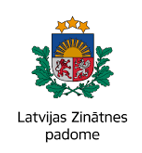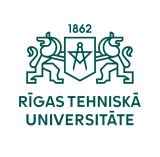


Project title: Non-melanoma skin cancer diagnostics by evaluating autofluorescence photobleaching kinetics
Project number: lzp-2022/1-0255
Project applicant: University of Latvia (UL)
Project cooperation partner: Riga Technical University (RTU)
Research manager: Dr. phys. Aleksejs Ļihačovs
Project implementation deadline: 01.01.2023. – 31.12.2025.
Total funding of the project: EUR 300,000, including the funding allocated to the UL part of the project 172 260 EUR, and the part of the RTU- 127 740 EUR
Planned project results:
· original scientific articles the quoting index whereof reaches at least 50 per cent of the average quoting index of the sector which have been submitted or accepted for publication in the journals or conference symposia included in Web of Science Core Collection or SCOPUS databases – 2
· original scientific articles submitted or accepted for publication in the journals or conference symposia included in Web of Science Core Collection or SCOPUS databases – 3
· intellectual property licences or transfer agreements – 1
· successfully defended master’s thesis within the thematic focus of the project – 1
Project Summary:
The multidisciplinary research project aims at development and validation of an optical technique for non-invasive evaluation of the levels of reactive oxygen species towards diagnostics of non-melanoma skin cancer. The proposed technique will combine analysis of autofluorescence photobleaching kinetics at different temporal and spatial resolution. Acquired autofluorescence photobleaching kinetics will be processed by specially designed Artificial Intelligence (AI) based algorithms. During the project the proposed technique and AI based algorithms will be tested at various conditions: 1) in-vitro studies at cellular level, 2) analysis of native histological samples and 3) clinical validation on different groups of malignant and benign lesions at the Latvian Oncology Center, under the supervision of a highly skilled oncology doctor. The project team will be composed of experienced biophotonics, biochemistry, pathology, electronics and oncology experts and young scientists from UL and RTU.

 Academic Centre
Academic Centre